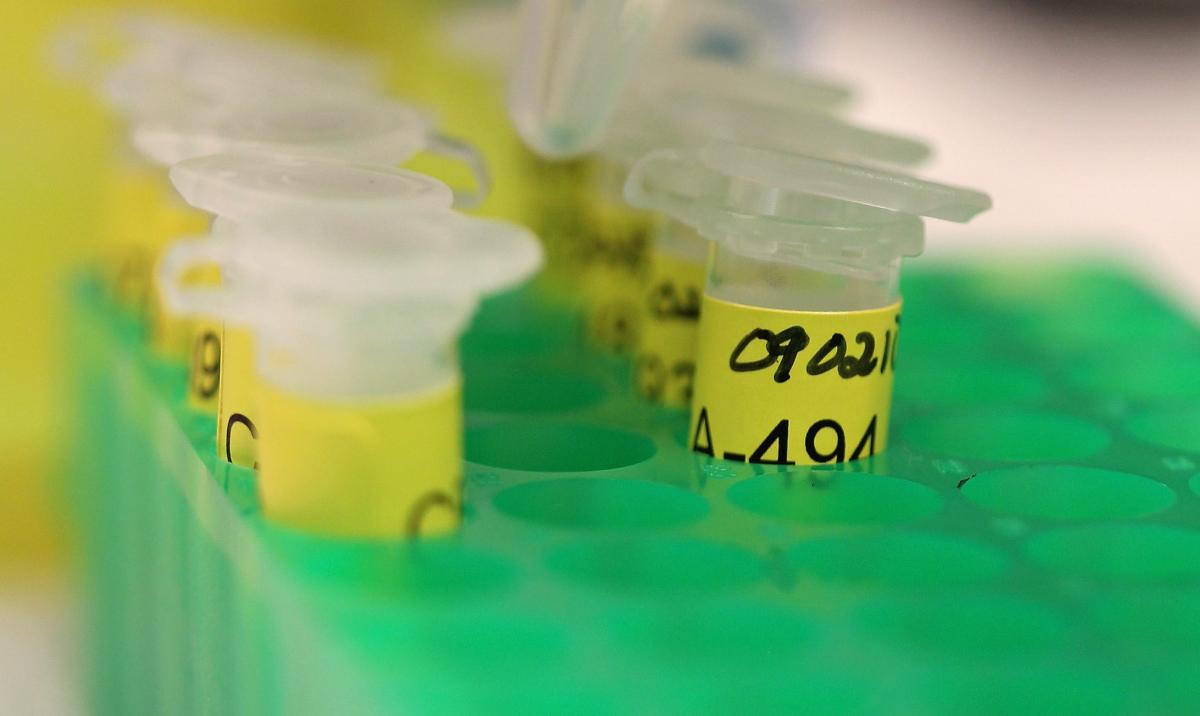IPC refers anti-doping rule violation involving Polish athlete Otylia Marczuk to UCI
The Para cyclist returned adverse analytical findings for Prohibited Substances at the Paris 2024 Paralympic Games 19 Feb 2025
The International Paralympic Committee (IPC) is to refer an anti-doping rule violation (ADRV) case from the Paris 2024 Paralympic Games involving Polish Para cyclist Otylia Marczuk to the Union Cycliste Internationale (UCI).
In its role as major event organiser of the Paris 2024 Paralympic Games, the IPC was responsible for the Games anti-doping programme.
Marczuk returned adverse analytical findings (AAFs) for Prohibited Substances in both her urine and blood samples provided out-of-competition on 25 August 2024 as part of the pre-Games testing programme.
The prohibited substances were stanozolol and erythropoietin (EPO). The substances are included on the World Anti-Doping Agency (WADA) 2024 Prohibited List under the classes S1.1 (Anabolic Androgenic Steroids) and S2 (Peptide Hormones, Growth Factors, Related Substances and Mimetics), respectively. They are listed as a non-Specified Substances, prohibited at all times.
On 28 August 2024 the athlete was provisionally suspended by the IPC for the duration of the Games. The athlete requested a hearing to challenge the imposition of the provisional suspension.
On 3 September 2024 a provisional hearing of the IPC’s Independent Anti-Doping Tribunal was held at the Games in respect of the athlete’s request to overturn the provisional suspension. The Independent Anti-Doping Tribunal rejected the athlete’s request and maintained the provisional suspension.
The athlete subsequently admitted her commission of an ADRV and accepted the consequences proposed by the IPC.
As a result of her violation, the athlete’s results obtained at the Games are disqualified, together with all resulting consequences (including forfeiture of any medals, points and prizes).
The IPC will now refer the case to UCI, the international federation for Para cycling, to determine any further applicable consequences for the athlete, including any period of ineligibility.
Each athlete is strictly liable for the substances found in their sample. An ADRV occurs whenever a prohibited substance (or its metabolites or markers) is found in their bodily sample, whether or not the athlete intentionally or unintentionally used a prohibited substance or was negligent or otherwise at fault.
As a signatory of the World Anti-Doping Code (the WADC), the IPC remains committed to a doping-free sporting environment at all levels. The IPC has established the IPC Anti-Doping Code in compliance with the general principles of the WADC, including the WADC International Standards, expecting that, in the spirit of sport, it will lead the fight against doping in sport for athletes with an impairment.




